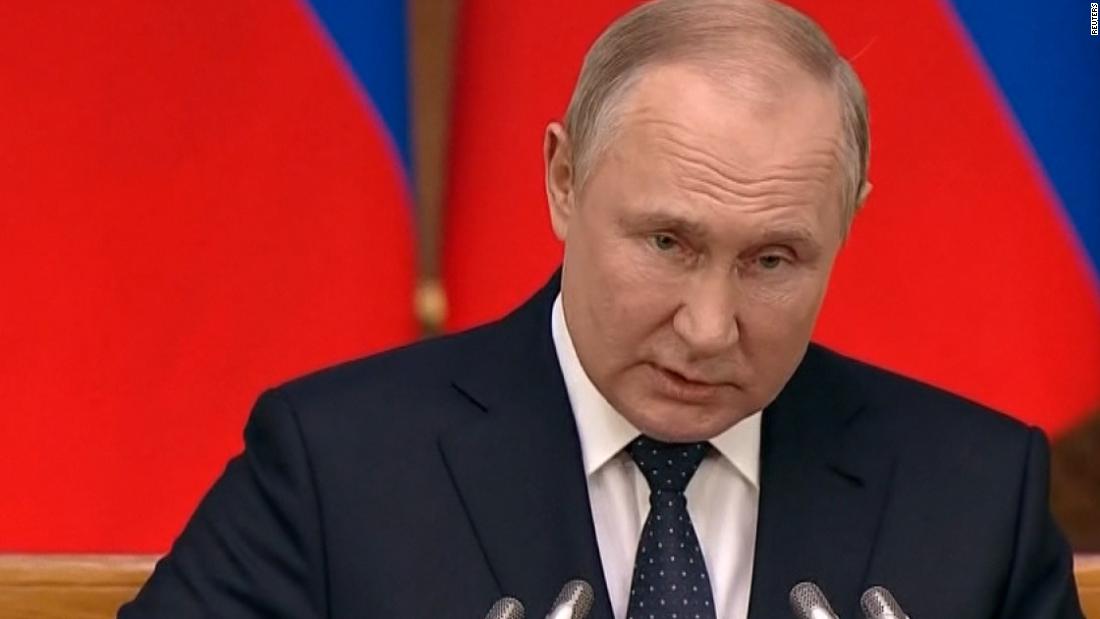Opinion: Putin has created an unexpected opportunity
If you consider it closely, you can see the common thread. They may be thousands of miles apart in geography and substance, but at the heart of each lies a concern about the future of democracy.
Whether it’s Ukraine fighting Russia’s efforts to destroy its independence as a democracy, or France pushing back against a far-right populist and Putin apologist, or apprehension over what might become of Twitter — that cauldron where conspiracy theories, election lies and disinformation campaigns can cook up a brew capable of infecting society and tearing a country apart — we’re all witnessing the great challenge of our times play out around us.
The challenges to global democracy are deeply worrisome, but it’s not all dismal. In fact, the current crises have created unexpected opportunities.
Russian President Vladimir Putin’s campaign to erase Ukraine’s nationhood and counter NATO has already backfired on multiple fronts. By unwittingly fortifying and uniting NATO, boosting Ukraine’s national identity and eroding Russia’s standing, Putin may have just created the conditions to strengthen the forces of democracy.
In the United States, the country remains deeply divided, but it is coming together on the issue of Ukraine with an intense bipartisanship that would have been hard to imagine just a few months ago.
And of course, there’s the issue of whether former President Donald Trump — who used Twitter to rise to power and perpetuate a conspiracy theory about widespread election fraud that inspired a mob to attack the US Capitol on January 6, 2021 — will be reinstated under Musk in a move that could very well propel him back into the political limelight ahead of the 2024 election.
And the prospect of a more inflammatory Twitter amid a raging war already ridden with disinformation makes the risk more palpable to Americans concerned about democracy both at home and abroad.
That level of public support is the highest Gallup has found for admitting refugees since 1939. For context, only 26% said they’d support bringing 10,000 refugee children from Germany in 1939; 16% said they supported more Jewish and other European refugees than were strictly allowed by law to be admitted in 1946, just after World War II.
Clearly, the war in Ukraine has touched a nerve in the American psyche. The deep sympathy and concern for the Ukrainian people and the outrage over Putin’s push to usurp their freedom has sparked a renewed appreciation for democracy.
But this growing consensus will not on its own save America from its ills. It will not by itself reverse the tide of authoritarianism sweeping the globe. It does, however, present an opportunity. Americans don’t have to agree on everything. But to move forward, the country needs to come together on at least two crucial points: that democracy must survive and that truth must be respected. That consensus is materializing not a moment too soon.
Those who worried about a pro-Putin populist winning in France; about Twitter turning into a more powerful weapon for disinformation, hate and division; and about the fate of Ukraine, have created an opening for responsible, eloquent and principled political leaders. They must seize the moment and try to bridge the widening divisions that have emerged in the US in order to put it back on a path to becoming a stronger, united and lasting democracy.
![]()


